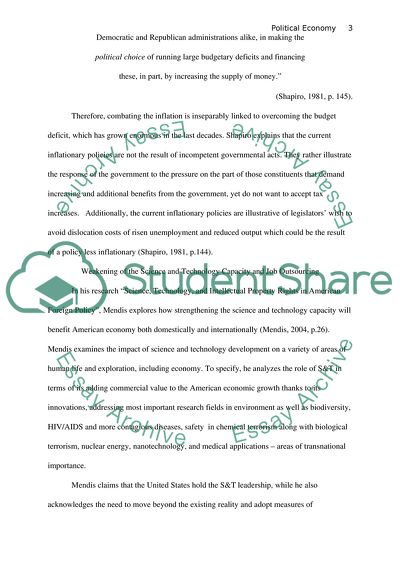Cite this document
(Political Economy of the US Essay Example | Topics and Well Written Essays - 1500 words, n.d.)
Political Economy of the US Essay Example | Topics and Well Written Essays - 1500 words. https://studentshare.org/politics/1764435-political-economy
Political Economy of the US Essay Example | Topics and Well Written Essays - 1500 words. https://studentshare.org/politics/1764435-political-economy
(Political Economy of the US Essay Example | Topics and Well Written Essays - 1500 Words)
Political Economy of the US Essay Example | Topics and Well Written Essays - 1500 Words. https://studentshare.org/politics/1764435-political-economy.
Political Economy of the US Essay Example | Topics and Well Written Essays - 1500 Words. https://studentshare.org/politics/1764435-political-economy.
“Political Economy of the US Essay Example | Topics and Well Written Essays - 1500 Words”. https://studentshare.org/politics/1764435-political-economy.


